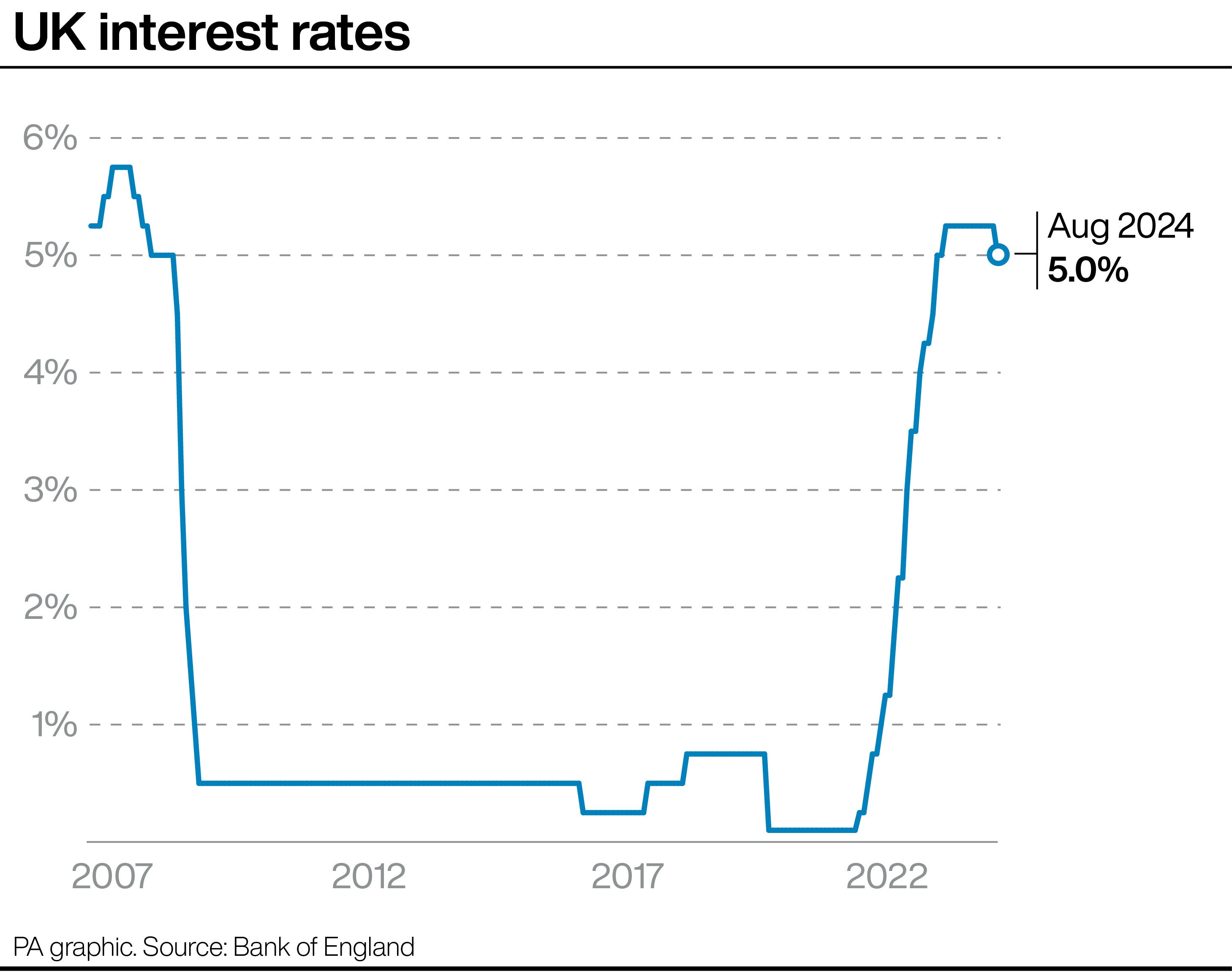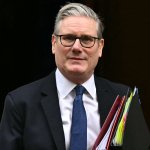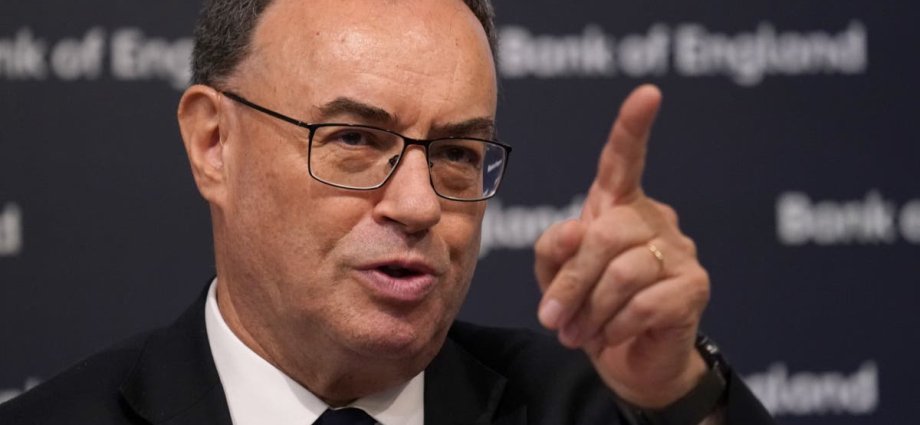The Bank of England has cut interest rates for the first time since 2020, but signalled people should not expect borrowing costs to start dropping rapidly in the months ahead.
The central bank reduced the base rate from 5.25% to 5% after a split vote among its policymakers.
It means pressure will be eased for some homeowners who will see their mortgage costs come down, but it could prompt banks to start reducing savings rates.
The decision marks a turning point for the Bank’s Monetary Policy Committee (MPC), which has not implemented an interest rate cut since the onset of the Covid-19 pandemic in March 2020.
Bank governor Andrew Bailey said: “Inflationary pressures have eased enough that we’ve been able to cut interest rates today.
“But we need to make sure inflation stays low, and be careful not to cut interest rates too quickly or by too much.”
It suggests rates are likely to fall more gradually than they have risen in recent years.
Many economists believe rates will be kept unchanged when the committee next meets in September, but another cut could come in November.

Mr Bailey said the committee had become “sufficiently confident” that it is the right time to reduce rates, but stressed it remains “highly alert” to any signs that inflation might increase.
He said the MPC will “pay close attention” to factors such as price rises across the services sector.
Nevertheless, it was a split vote on Thursday, with five MPC members voting for the reduction but four preferring to keep the level at 5.25% for longer.
Those four policymakers, which included chief economist Huw Pill, felt they needed to wait for “stronger evidence” that risks to inflation persistence are not going to worsen.
It comes despite the level of Consumer Prices Index inflation hitting the Bank’s 2% target level in May and June, indicating overall price rises had been brought under control.
Former prime minister Rishi Sunak claimed the new Government’s decision to increase pay for public sector workers, including NHS staff, may put more pressure on overall inflation.
He said on social media site X: “My concern now is that Labour’s inflation-busting public sector pay rises have put further cuts at risk.”
The Bank was briefed about the pay rises and it is not expecting it to have a major impact on inflation.
Chancellor Rachel Reeves said “homeowners will welcome this cut in interest rates”, but warned “millions of people are still paying higher mortgage rates” following the former government’s 2022 mini-budget.
Thursday’s base rate cut means homeowners on tracker mortgages will see their payments cut by more than £340 a year on average.
There are also about 700,000 fixed-rate mortgage deals which are due to end in the second half of the year, and may see lower rates being offered by lenders.
Meanwhile, the pound dropped sharply against the US dollar as traders reacted to speculation prior to the announcement of the new interest rate.
By Thursday afternoon, the pound was about 0.7% lower against the dollar at 1.277, and 0.3% lower against the euro at 1.184.











